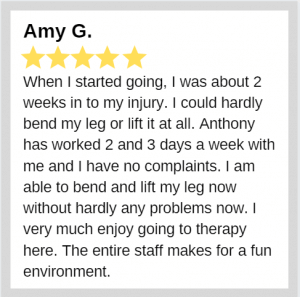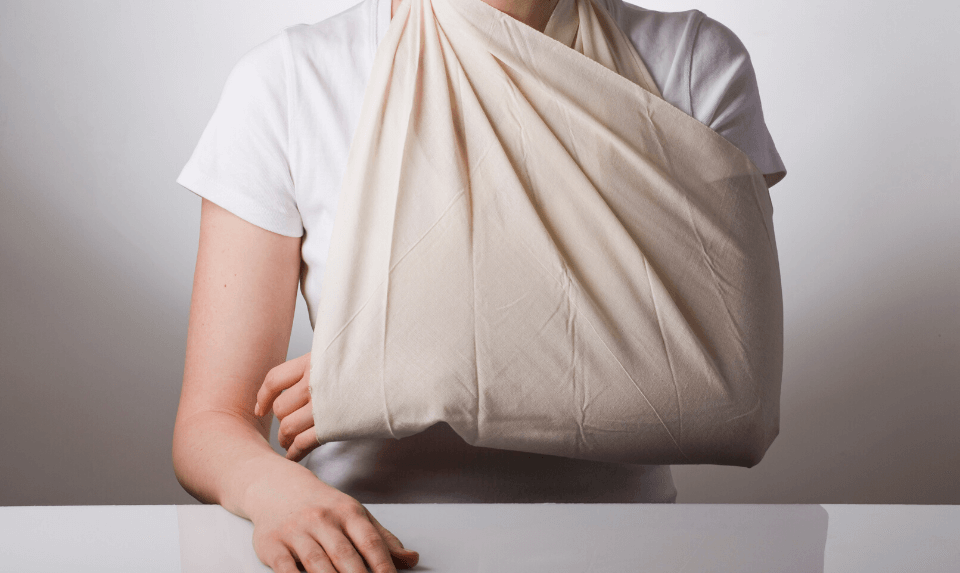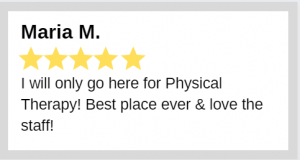
Common Shoulder Injuries and Shoulder Injuries Treatment

Pain in your shoulder can stem from a lot of causes. You might injure it during a fall or mishap, or you could have overdone a task like carrying heavy loads. Occasionally shoulder pain comes from a condition similar to arthritis. It can even branch from issues in other parts of your body, which is called referred pain. Here are some of the causes of shoulder pain and options for shoulder injuries treatment.
Do I Have an Injury?
Ask yourself some questions to guide you to know if you have a shoulder injury:
- Did you feel like your shoulder could pop out of its socket?
- Was your shoulder secure enough for things you usually do? Can you move your arm in general, or is your shoulder too painful or stiff?
You can do some shoulder injuries treatment at home for a few days with rest and ice. You can dress it to hold it in place if needed, and raise it above the heart. But some injuries need expert assistance. Here are telltale signs that you need to see a doctor right away:
- You can’t use your shoulder at all.
- The shoulder is swelling suddenly.
- The pain is intense.
- Your shoulder joint looks deformed.
- Your arm or hand is weak.
Common Injuries that Call for Expert Shoulder Injuries Treatment
Dislocation

If your shoulder is rotated too far, the top of your arm might pop out of its socket. You will feel weakness and pain in your shoulder. You may also have bruising, numbness, and swelling.
Separation
This injury affects the joint where your shoulder blade and collarbone come together. It’s called the acromioclavicular (AC) joint. A hard blow or fall rips the ligaments holding it together. If your clavicle gets pushed inappropriately, you’ll have a bump on top of your shoulder.
Cartilage Tear
You can injure the cartilage that is around the rim of your shoulder joint. It can occur after making a similar motion repeatedly. You can also hurt it anytime your shoulder absorbs a lot of force or a fall. With this kind of injury, you might feel a sting when you reach over your head, and your shoulder could feel weak. It might also feel like it’s catching, grinding, or locking.
Fracture

A bone can crack or break if you take a hard hit or fall. The most common breaks are to the humerus (arm bone closest to your shoulder) and the clavicle (collarbone). You’ll feel a great amount of pain, and it might bruise. If the collarbone is broken, the joint might sag, and you might not be able to raise the arm.
Frozen Shoulder
This condition restricts how much your joint will move — abnormal bands of tissue (adhesions) developed in the joint and prevent your shoulder from moving liberally.
Rotator Cuff Injury
Your rotator cuff is the set of tendons and muscles in your shoulder that set your arm in place and allows you to lift your arm overhead. You can damage it through overuse or a fall. It also starts to show wear and tear as you age. Your shoulder might hurt at night, and when you attempt to carry things. You might even hear a crackling sound when you shift it.
Bursitis
The bursa, or a fluid-filled sac that cushions in your joint, can get inflamed and swollen if you repeat the same movement over and over again. But it can also be caused by a fall or one more injury. If you have bursitis, you may feel the pain more when you shift your shoulder.
Impingement
This is when the tendons of the rotator cuff get pinched in the bones of the shoulder. It can cause pain and swelling. If you raise your arm over your head more, it can set this off.
What is the Best Shoulder Injuries Treatment?
For fractures, separations, and dislocations, you require a doctor’s help to get your shoulder back in the accurate position and then a sling to hold it at rest while it heals.

For a lot of other issues, your doctor may advise rest, ice or heat and medicines like aspirin or ibuprofen to decrease the swelling and pain.
If your shoulder doesn’t get better after these initial steps, your doctor may try injecting a corticosteroid (an anti-inflammatory medicine) directly into the joint to ease swelling and pain.

Occasionally cartilage tears, frozen shoulder, and rotator cuff tears don’t get better with rest and medicine. Your doctor may suggest surgery.
With any trouble in your shoulder, your treatment plan will most likely consist of exercises to assist you in strengthening and stretching the joint, and in recovering your range of motion.
[do_widget id=recent-posts-2]
[do_widget id=categories-2]
© 2019, precision sports physical therapy. all rights reserved.
WE CAN DO ALL THINGS THROUGH CHRIST, WHO STRENGTHENS US.
